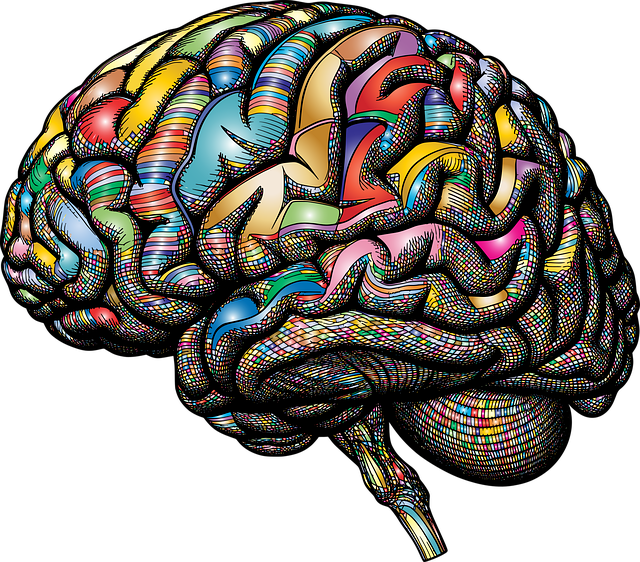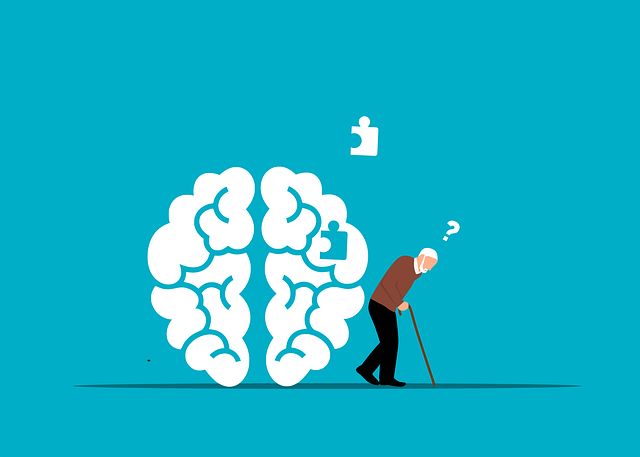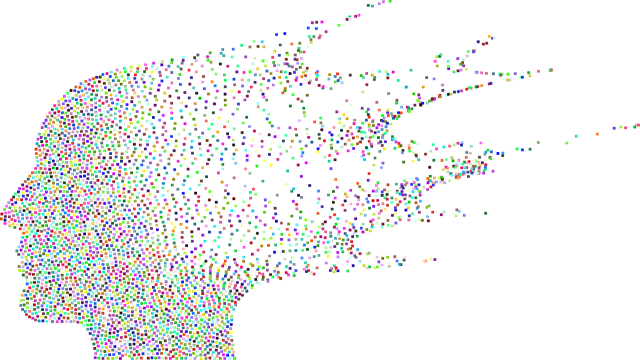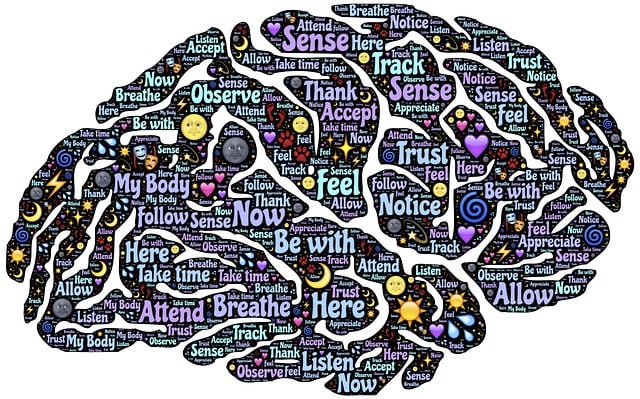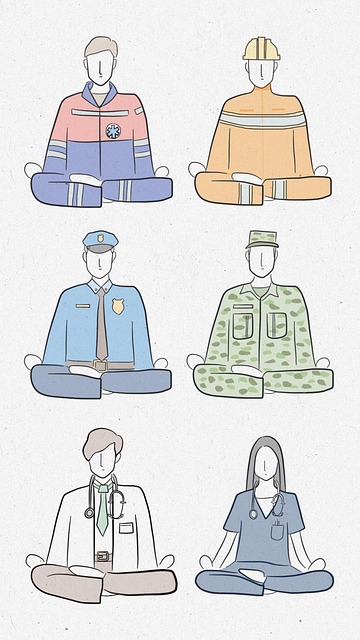Depression, a serious mental health concern often overlooked, particularly in veteran populations, requires early identification for effective management. Lafayette Veterans Therapy emphasizes recognizing depression's signs, such as persistent sadness, loss of interest, changes in appetite and sleep, fatigue, concentration issues, and suicidal thoughts. They offer specialized support through evidence-based practices like cognitive behavioral therapy (CBT) and mindfulness techniques, group support groups, and holistic approaches focusing on lifestyle adjustments, resilience-building, and stigma reduction. Lafayette Veterans Therapy empowers individuals to develop coping mechanisms and strengthen their inner resilience for improved long-term mental health outcomes.
Depression is a pervasive condition, but with the right strategies, prevention is achievable. This article guides you through a multi-faceted approach to safeguard your mental health. We explore crucial aspects such as recognizing depression’s subtle signs and symptoms, and how Lafayette Veterans Therapy provides a unique, supportive space for healing. Learn about lifestyle adjustments that build resilience and when to seek professional help from mental health experts. Embrace these strategies to enhance your well-being.
- Recognizing Depression: Signs and Symptoms to Watch For
- Lafayette Veterans Therapy: A Supportive Space for Mindful Healing
- Lifestyle Adjustments: Cultivating Resilience Through Daily Routines
- Professional Help: When and How to Seek Support from Mental Health Experts
Recognizing Depression: Signs and Symptoms to Watch For

Depression is a serious mental health condition that can often go unnoticed. Recognizing the signs and symptoms early on is crucial for effective prevention and treatment. Lafayette Veterans Therapy emphasizes the importance of understanding these indicators, especially within veteran communities where cultural competency training among healthcare providers is vital.
Watch for persistent feelings of sadness, loss of interest in activities once enjoyed, changes in appetite and sleep patterns, fatigue, difficulty concentrating, and recurring thoughts of death or suicide. These may be signs of depression, and seeking support from a mental wellness coaching program or healthcare provider can help build inner strength and develop coping strategies. Early intervention through such programs can significantly impact an individual’s long-term mental health and overall well-being.
Lafayette Veterans Therapy: A Supportive Space for Mindful Healing

Lafayette Veterans Therapy offers a unique and supportive space for individuals seeking mindful healing from depression. This specialized therapy program caters specifically to veterans, recognizing the distinct challenges they face in transitioning back to civilian life. By incorporating evidence-based practices such as cognitive behavioral therapy (CBT) and mindfulness techniques, Lafayette Veterans Therapy empowers participants to develop healthy coping mechanisms and improve their overall mental wellness.
In addition to individual therapy sessions, the program also facilitates group support groups where veterans can connect with peers who share similar experiences. This sense of community fosters a supportive environment, encouraging open dialogue and the exchange of resilience-building strategies. By combining therapeutic interventions with trauma support services and burnout prevention techniques tailored for healthcare providers, Lafayette Veterans Therapy holistically addresses the complex needs of its clients, promoting lasting mental health recovery.
Lifestyle Adjustments: Cultivating Resilience Through Daily Routines

Depression prevention strategies often begin with acknowledging the importance of lifestyle adjustments and cultivating resilience through daily routines. At Lafayette Veterans Therapy, we emphasize the power of consistent habits in promoting mental well-being. Simple yet effective practices like regular exercise, mindful meditation, and sufficient sleep can significantly reduce symptoms of depression. Engaging in activities that foster a sense of purpose and connection with others also plays a crucial role in building resilience.
Compassion cultivation practices have emerged as a valuable tool in many therapy sessions, including those offered at Lafayette Veterans Therapy. By incorporating mindfulness and empathy into daily interactions, individuals can better manage stress and negative thoughts. Additionally, Mental Illness Stigma Reduction Efforts contribute to creating a supportive environment where people feel comfortable seeking help without fear of judgment. Crisis Intervention Guidance is also integrated into these routines, ensuring that individuals have access to immediate assistance during challenging times.
Professional Help: When and How to Seek Support from Mental Health Experts

When facing persistent feelings of sadness, hopelessness, or lack of interest in activities that once brought joy, it may be time to consider professional help. Lafayette Veterans Therapy offers specialized support for individuals dealing with depression and anxiety relief. Seeking therapy is a proactive step towards managing mental health, especially when symptoms interfere with daily life.
Mental health experts can provide valuable tools and strategies for mood management through various therapeutic approaches tailored to individual needs. They conduct thorough risk assessments for mental health professionals to ensure a safe and effective treatment plan. Whether it’s cognitive-behavioral therapy (CBT), mindfulness practices, or other evidence-based methods, these interventions can empower individuals to take control of their mental well-being.
Depression prevention is a multifaceted approach, as evidenced by the diverse strategies discussed. Recognizing signs early on, like those offered by Lafayette Veterans Therapy, is crucial for timely intervention. Incorporating mindfulness through daily routines and professional support from mental health experts can significantly enhance resilience. Remember that seeking help is a sign of strength, and with the right tools, it’s possible to cultivate a more optimistic outlook and lead fulfilling lives.
